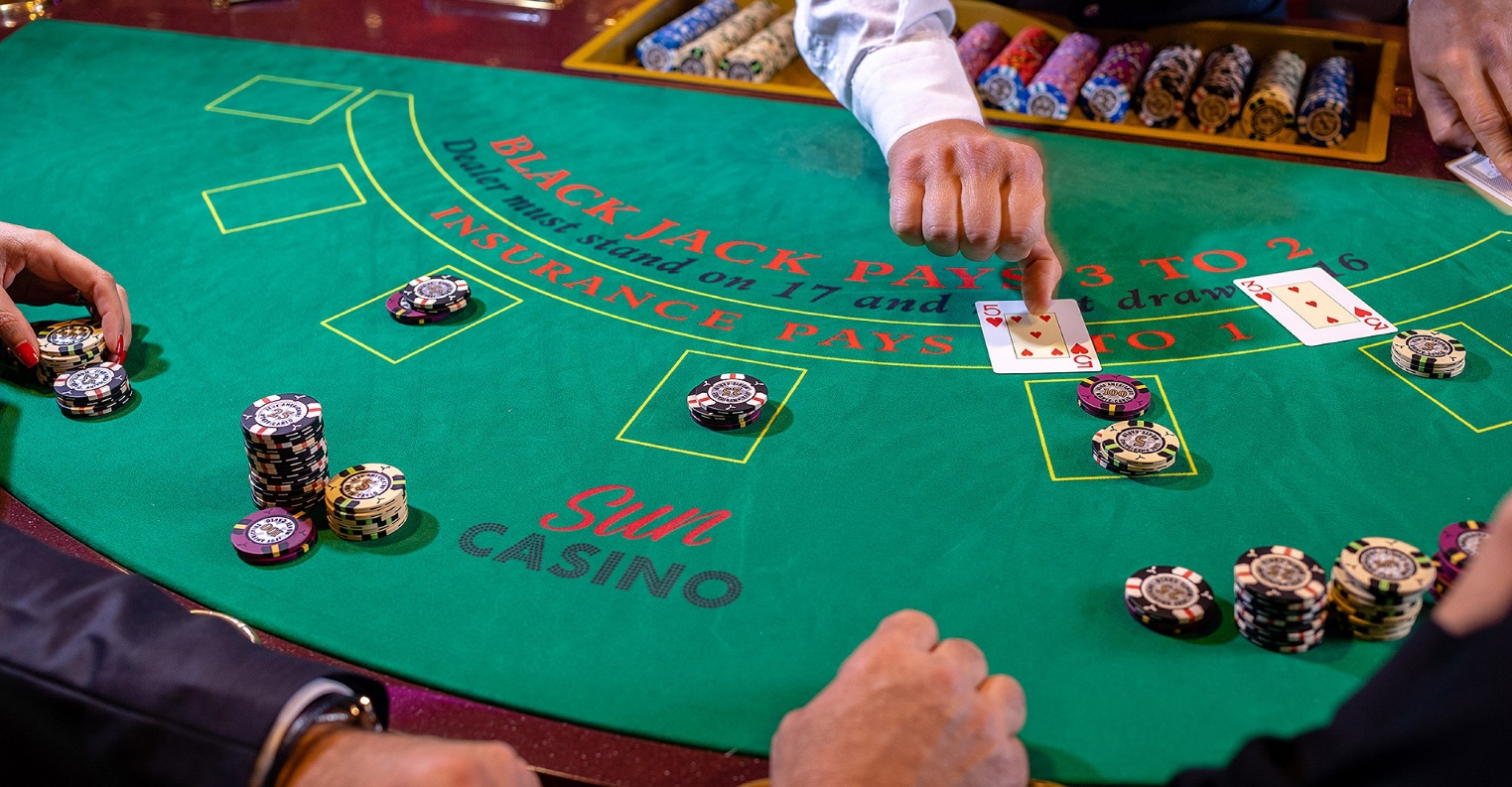Gambling games have long been a staple in human culture, offering not just entertainment but a intriguing reflection of our aspirations, wishes, and concerns. From the spinning reels of a slot machine to the tactical play of poker, these games encapsulate a spectrum of human sentiments and events. At their core, casino games are more than a chance to earn cash; they are a microcosm of life itself, where danger and gain converge and fortunes can change in an moment.
As players gather around tables or sit in front of vibrantly illuminated machines, they participate in a ritual that transcends mere gambling. These games echo our natural desires for relationships, excitement, and the quest for chance. They also unveil deeper truths about human psychology, such as our relationship with fate and the thrill of the unknown. In exploring casino games, we discover not only the nuances of play but also the rich tapestry of the human story, showcasing our woven narratives of hope and reality.
The Mind Behind Gambling
Wagering is intrinsically connected in the psyche of individuals, appealing to various feelings and desires. The thrill of risk-taking is a fundamental aspect that draws players in, be it it’s thrill of spinning a roulette wheel or the anticipation of drawing a winning card in poker. This adrenaline is often compared to other forms of excitement, as the unpredictability of outcomes elicits a unique psychological response. Gamblers often become captivated by the possibility of striking it rich, leading to an irresistible draw toward casino games.
Another, a crucial component of the psychology behind gambling is the concept of hope and aspiration. Participants often indulge in dreams of financial freedom and the luxurious lifestyle that can accompany winning. This optimism fuels their ongoing participation in gambling, as it provides a sense of meaning and the belief that a life-changing win could be just one wager away. The story of overcoming odds and achieving success resonates with many, reinforcing their dedication to play and involve themselves with these games.
Lastly, social aspects play a significant role in gambling psychology. Casino environments are designed to promote social interaction, where players gather to share the journey of wins and losses. This communal aspect not only enhances enjoyment but also affects behavior, as individuals often mimic the actions of others around them. The social validation found in shared excitement can magnify the emotional experience, making casino games a reflection of not just personal desires but also shared involvement within the gaming community.
### Risk and Reward: A Double-Edged Sword
Gambling activities embody the subtle balance between risk and reward that resonates profoundly with human psychology. The thrill of placing a bet is often accompanied by a rush of adrenaline, as participants are confronted with the possibility of a huge payout, yet conscious of the risk to lose. This bipartisan experience reflects a essential aspect of life: the paths we choose often come with intrinsic risks, and the chase for gain can push us to embrace risks we might not normally consider. In this way, gambling activities reflect real-world decisions, enticing gamblers to gamble not just their money, but also their dreams.
The allure of grand jackpots and winnings fuels a wave of hope, inspiring players to imagine a more promising future that could manifest from a single victorious spin of the roulette or turn of a card. This optimism can compel individuals to engage in riskier behaviors, encouraging them to extend their limits in search of monetary success. However, just as in life, the consequences of these risks can lead to both triumph and despair. The narratives of both jackpot winners and those who have faced losses everything at the tables demonstrate the chaotic nature of luck and its consequential impact on our lives.
Ultimately, the interaction of engaging with gambling activities serves as a strong reminder of the human condition. Every round played is filled with the tension of uncertainty, as gamblers weigh the gains against the risks. This balance not only highlights the excitement that comes with betting but also exposes the weaknesses that come with the urge for more. As we explore the challenges of decision-making and results in both the gambling world and in life, we find that the search for benefit shapes our sense of self and lives in significant manners.
Society and Solitude in Casino Environment
Gambling culture is a special mix of communal engagement and individual pursuit, reflecting the contrasts of human experience. Players often come together around games, experiencing in the thrill of the game, celebrating wins, and commiserating over losses. This social aspect is essential, as it creates a sense of community and camaraderie among varied groups of individuals. Regular attendees to casinos may form friendships and establish routines, turning the gambling venue into a second home where they experience linked to a greater community of players.
However, the allure of gambling activities can also lead to loneliness. As players become immersed in the thrill of gambling, they may isolate from personal connections or fail to engage with the world outside the casino. For some, the search of a windfall can distract from real connections, leading to isolation. The situation of being among people yet experiencing solitary is not uncommon, as the focus shifts from collective fun to the individual stakes of each player’s path.
This interplay of society and solitude creates a vivid tapestry that defines gaming culture. It showcases the complexity of social interactions, where joy and sorrow coexist. Gambling venues serve as both a sanctuary for social interaction and a stage for individual struggles, illustrating how intimately entwined our desire for connection and the individual quest for fortune can be. https://kamedia.tv/ In navigating this landscape, players confront their own narratives—seeking both the thrill of the wager and the fellowship of fellow gamblers, eventually reflecting the wider spectrum of individual experience.

